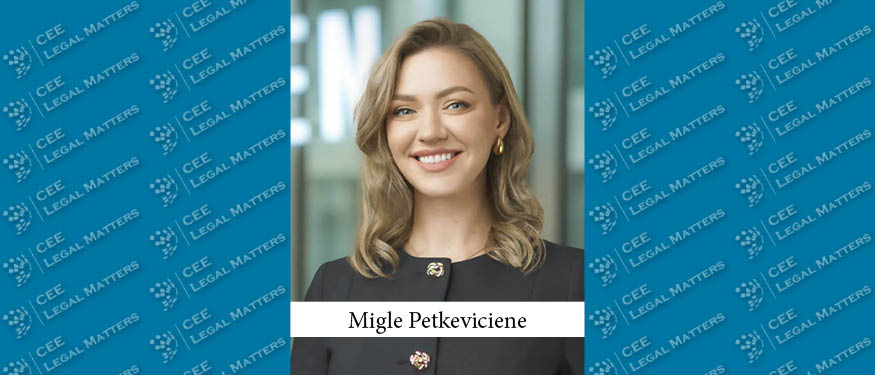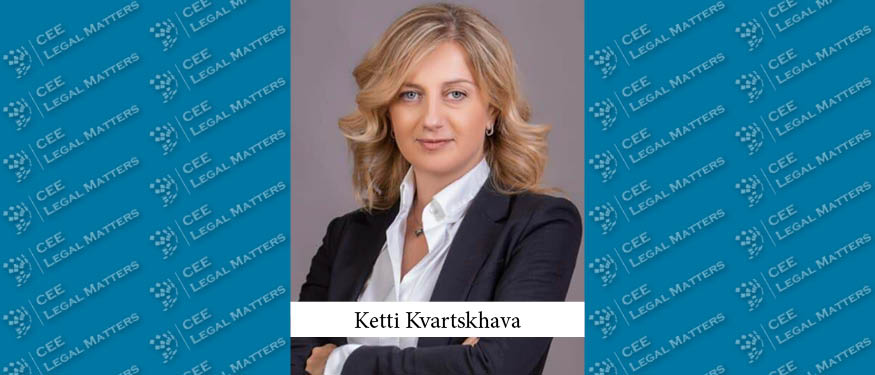For years, Poland has held the unenviable position of leading the race in delays when implementing various EU laws, especially in the digital sector. This has resulted, and continues to result, in multimillion-euro fines that Poland is compelled to pay to the EU.
By way of example, it was only recently, on July 12, 2024, that the Polish legislator enacted the Electronic Communications Law, implementing the EU Directive 2018/1972 establishing the European Electronic Communications Code. This law comes into effect, albeit partially, on November 11, 2024, even though the implementation deadline lapsed in 2020. Such delays do not go unnoticed by businesses operating on a transnational scale. Businesses that have implemented uniform solutions across EU countries to ensure compliance with national laws implementing the EU directive in question must now undertake a review and implement necessary revisions to ensure also adherence to the newly established, albeit postponed, Polish legal framework. This is particularly important given the Polish legislator’s tendency to introduce stricter regulations where permissible.
Numerous EU legal acts are still awaiting implementation. The new Polish government is clearly taking steps to address these delays. With its recent AI-focused initiative, it seems the Polish government would like to become a frontrunner among EU Member States in the coming future.
AI Law – The EU Perspective
This year, new regulations concerning artificial intelligence were successfully adopted at the EU level, namely Regulation (EU) 2024/1689 of June 13, 2024, laying down harmonized rules on artificial intelligence (AI Act).
In essence, this regulation governs the use of artificial intelligence in the EU and is likely the first comprehensive legal act of its kind worldwide addressing this subject. Although EU regulations are directly applicable throughout the entire EU and do not require implementation at the national level as such, member states often need to supplement them with national legislation to ensure the EU regulation operates fully and may be effectively enforced. With respect to the AI Act, this necessity primarily pertains to issues related to the supervisory authority, proceedings before this body, rules for imposing administrative fines, and procedures facilitating the enforcement of prohibitions on certain AI systems. Furthermore, EU regulations allow member states, at times, to introduce distinct provisions in specific areas. For example, the AI Act, similarly to multiple other EU regulations, allows for the introduction of more employee-favorable terms in the context of the use of AI systems in employment relations.
Polish Draft Law on AI Systems
The Polish Ministry of Digital Affairs published a draft law on AI systems on October 16, 2024, aiming to create a system for supervising AI systems in Poland in line with the AI Act. Nevertheless, the title of the legal act might seem somewhat misleading, as it does not regulate the use of AI systems. The scope of this legislative proposal includes: (1) the establishment of a new collegial body – the Commission for AI Development and Security – aimed at overseeing the AI systems market; (2) the formation of a public council on AI as an advisory body; (3) granting the new regulatory body the authority to issue both general and individual interpretations for businesses; (4) the procedures before the oversight authority concerning violations of the AI Act and the rules for remote and on-site inspections conducted by this authority; and (5) protocols for reporting AI-related incidents and imposing administrative fines.
While the efforts to establish legislation supporting the implementation of the AI Act are commendable, the draft law appears to encompass several ambiguities and, at times, controversial solutions. For example, it is concerning that the draft bill allows the supervisory body to conduct a cursory review of documents covered by attorney-client privilege, enabling the identification of the document’s author, recipient, title, subject matter, and date of creation. Another example of imprecise regulations is the failure to specify the impact that the general and individual interpretations issued by the authority would have, particularly whether these interpretations would be binding and, if so, the scope of their applicability. Further controversies include the designation of the District Court in Warsaw – the Court of Competition and Consumer Protection – as the court with jurisdiction to hear appeals against decisions of the new supervisory authority.
The ministry has started public consultations, and interested parties have 30 days to provide feedback on the draft bill. Public institutions and businesses have an opportunity to comment on various controversial solutions included in the draft bill, and their feedback should be taken into account in further stages of the legislative process.
By Szymon Sieniewicz, Head of TMT/IP, and Daria Wojciechowska, Senior Associate, Linklaters
This article was originally published in Issue 11.11 of the CEE Legal Matters Magazine. If you would like to receive a hard copy of the magazine, you can subscribe here.
















